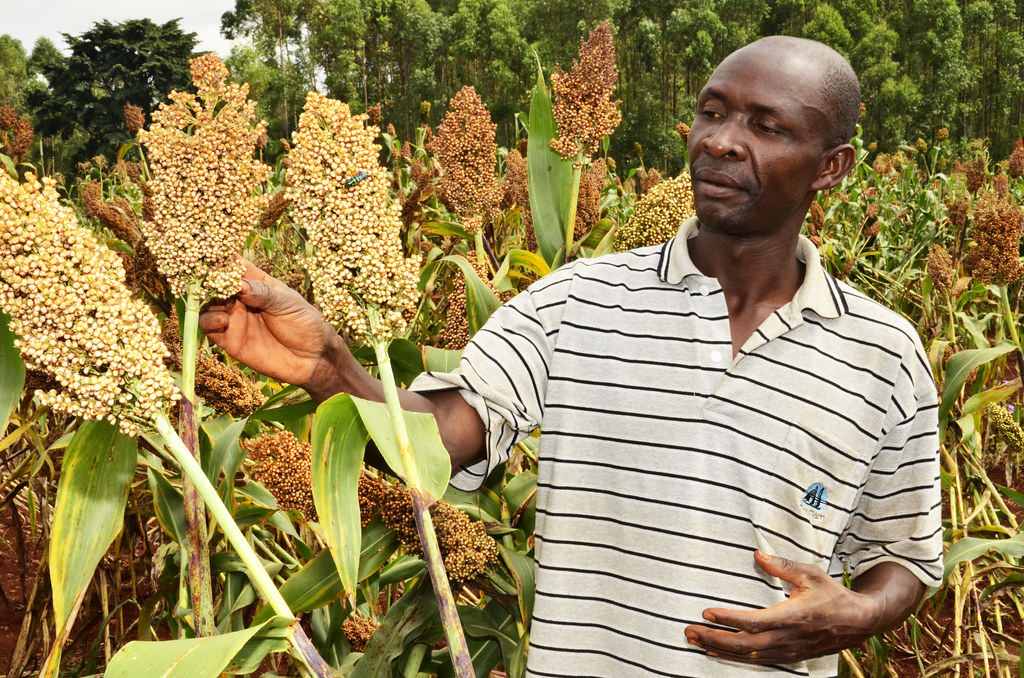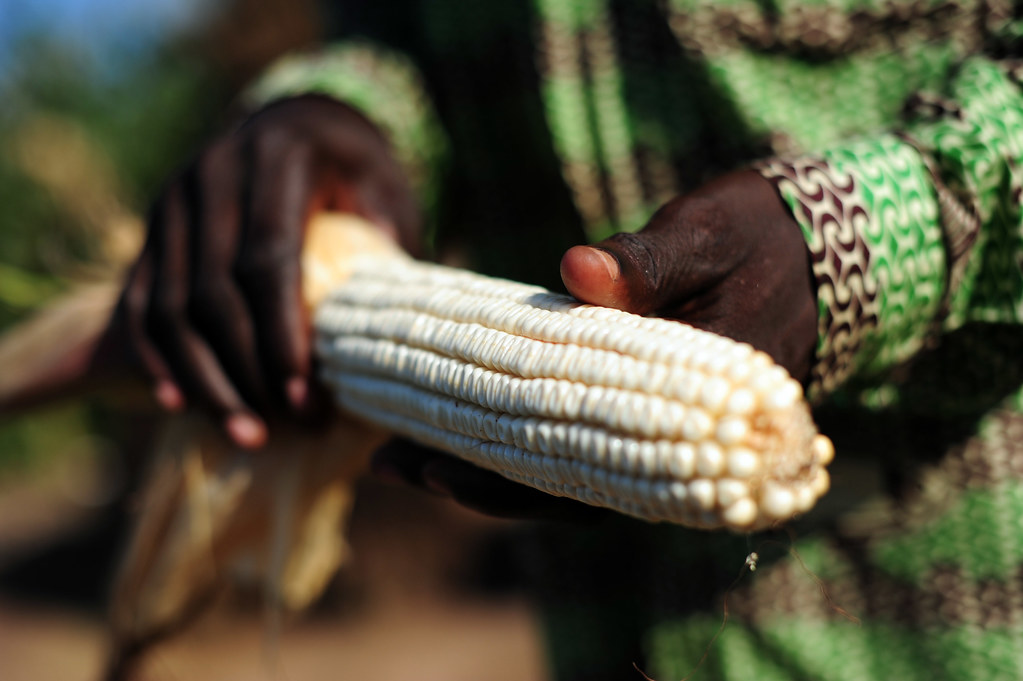
Sorghum is one of the least commercialized crops in the country despite the great production potential and the market demand in the alcohol processing industry.
This crop, which performs well in relatively poor soils, is also tolerant to drought. But those who are supplying processing companies like Kenya Breweries Limited have been contracted-still they cannot meet the demand.
Dual crop
But it is easy to grow for both commercial and domestic consumption.
Sorghum is a warm climate-loving crop, with the best results being recorded at temperatures of 25°C and 32°C.
The grain does well in dry regions receiving about 400mm of rainfall per year.
Related News: EABL seeking 4,000 Homa-Bay sorghum growers with ready market
Related News: Sugargraze sorghum raises milk output 30% for arid farmers
It does well in well-drained loam sandy soils, with a PH of between 6 and 7.5. This means it requires slightly acidic to neutral soils in PH. Two tillage rounds are sufficient for planting; well-drained soil would mean there is no water logging.
At a seed rate of about 15 kilograms per acre, a 25 cm row-to-row distance is most appropriate, with holes being between 2 cm and 3 cm deep.
Advisable
Locally, most farmers broadcast the sorghum together with finger millet. It is not advisable. It would lead to less yields given that the two are short-term crops competing for similar nutrients and millet would suffer more because it is shorter than sorghum.
Related News: Ready sorghum market increasing demand for seeds by farmers
Ten to 15 metric tonnes of farm yard manure are sufficient in supplying the soil with macronutrients. Sowing with nitrogen phosphorus and potassium-containing fertiliser would give rise to an energetic crop.
Top dressing after one month of about 14 kilograms per acre would accelerate flowering. Sorghum is ripe for harvesting after 65-75 days, with an acre estimated to yield about 400 kilograms under good management practices.
Write comment (0 Comments)
















